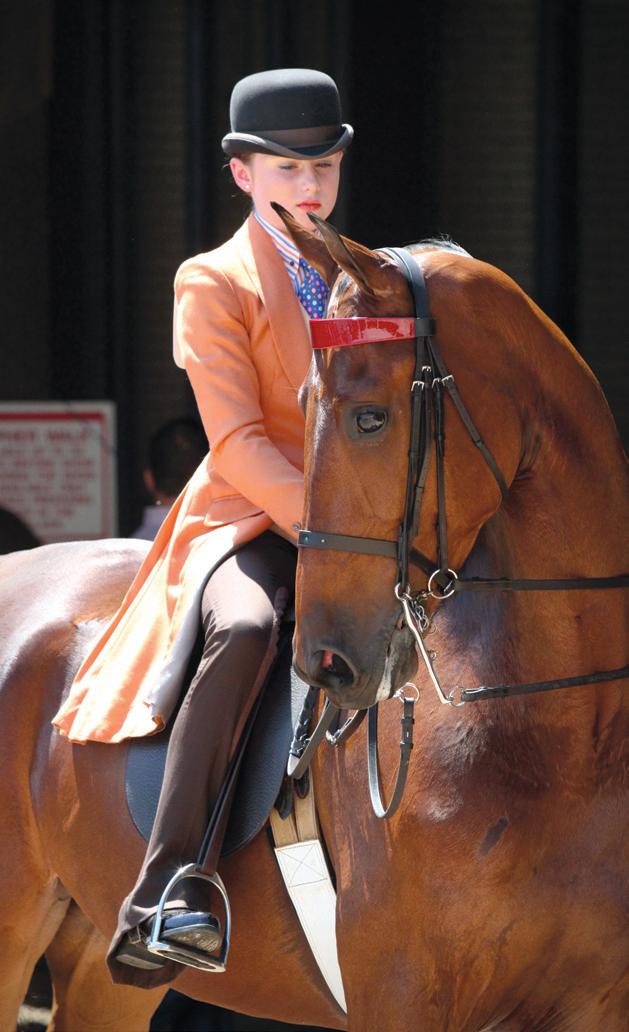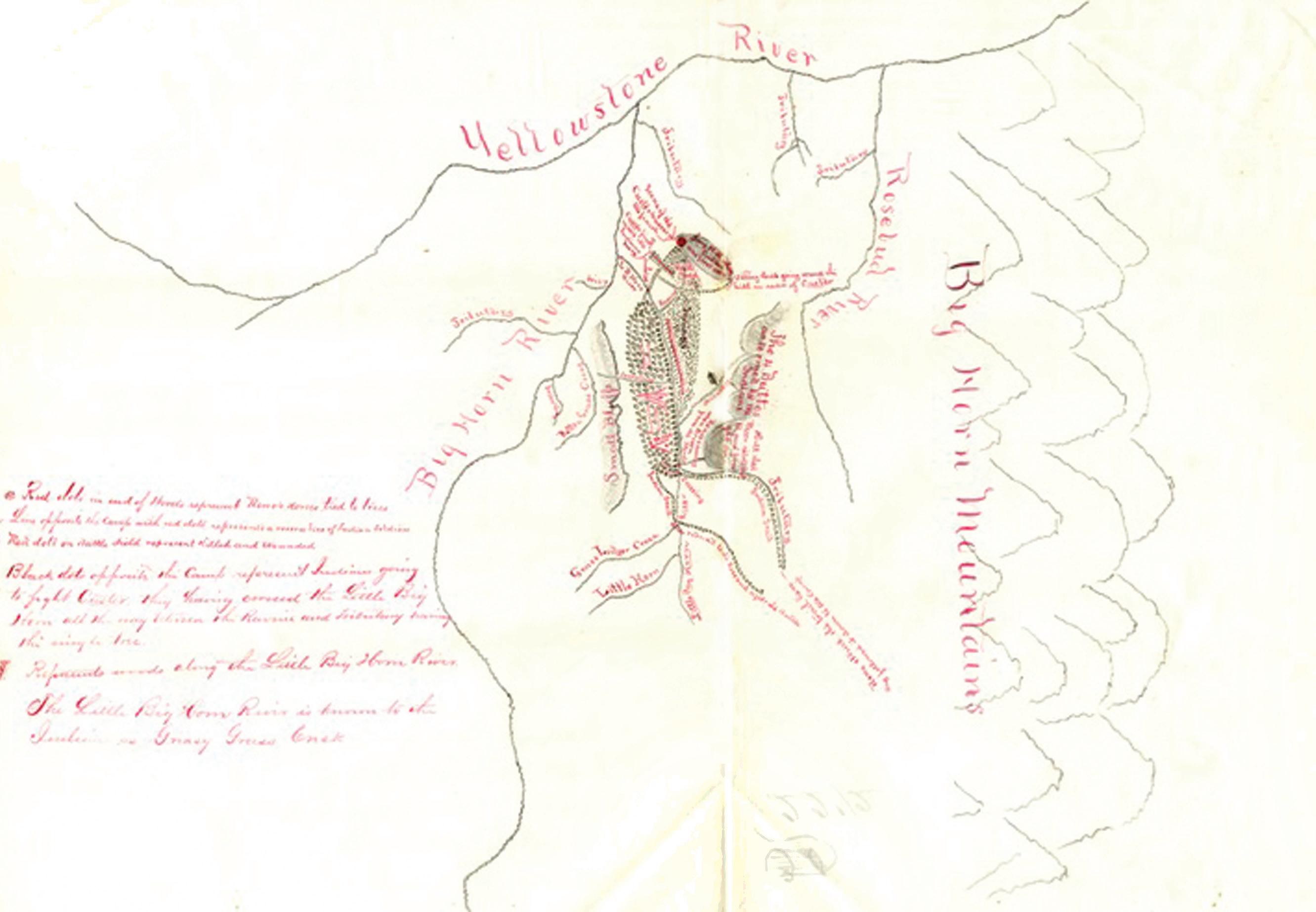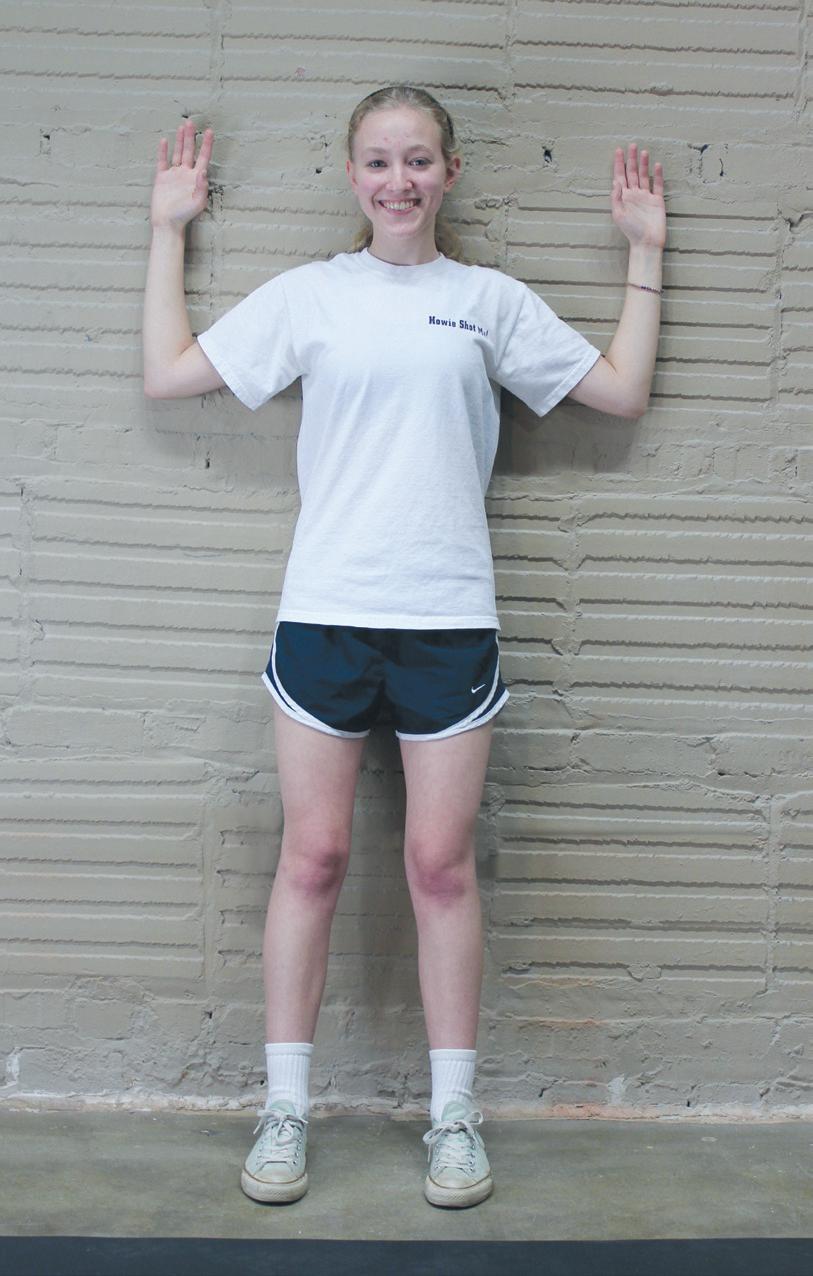H O R S E
S E N S E
Summer Survival Guide
When it comes to helping your horse beat the summer heat, you have to think smart: start with lots of water, always keep the air circulating, and monitor your horse’s condition for safe passage through the heat of summer.
By Julie Kidrowski, Managing Editor
Here is Horse & Academy’s summer survival guide for horses. Follow it during these dog days of summer for your horse’s safety, health and comfort. Your horse will thank you! There is nothing more important than providing plenty of fresh water for your horse at all times. Green water is not good water; wash water buckets and troughs often to keep algae from growing in them. If you don’t think your horse is drinking as much as he should, you can add electrolytes into the water bucket to replace sodium and potassium he has lost, and help him retain fluids better. Always read the instructions on the container first. Keep salt and mineral blocks where your horse can get to them. Horses do a great job of monitoring their mineral needs by themselves when these are provided. Be sure your horse is on a regular deworming schedule through the year. Summer is one of the most active times for parasite loads to increase in horses. Did you know parasites can cause severe and even fatal colic episodes? Talk with your vet to discuss the best plan for your area. If your stable does not have an automatic fly spray system, you will need to spray your horse with fly spray at least once every day to decrease the stomping your horse does throughout the day. Keep the stall and turn out area clean and free of manure to reduce flies.
Try night turn out for your horse. He’ll be lots cooler! Give your horse a quick shower on the hot days. Use lukewarm water to hose or sponge your horse off. This will remove the sweaty grime and keep him comfortable, too! Safely hang a fan on your horse’s stall to help keep the air circulating. Work your horse early in the morning or later in the evening to help keep him cool. When cooling out after riding, take your time. You’ll want your horse to have a completely normal respiration rate before cutting him loose. Also, check back in on the horse as he cools out. Some horses are prone to reheating. Horses sunburn, too! If your horse has white markings on his face, you should consider putting 30 spf sunscreen (the same stuff you use) on those areas. You’ll know if he has gotten sunburned if he has raw patches and peeling skin — just like us! Take care of yourself, too! Make sure you dress appropriately to work around animals and handle the heat. Don’t forget your sunscreen, and drink plenty of water.
Did you know? Some horses have an inability to sweat, called Anhidrosis. It can affect horses of all breeds and ages. These horses do not have ordinary means of eliminating the body heat they produce, and must be worked very cautiously during hot weather. Consult your veterinarian if you suspect your horse has Anhidrosis. a u g u st 2 0 1 2
l
H O R SE AN DAC ADEM Y.C OM
11







